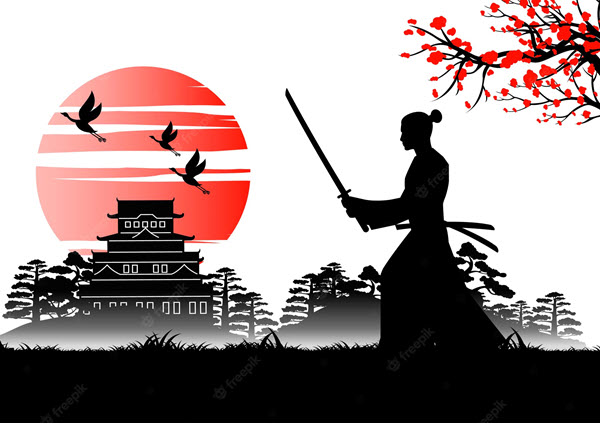
Japan Business Review (JBR)
Last updated: November 29, 2022 Read in fullscreen view
- 02 Nov 2023
 Unlocking Success with The Amoeba Management Model: Key Lessons, Pros & Cons, and Finding the Perfect Fit 275/889
Unlocking Success with The Amoeba Management Model: Key Lessons, Pros & Cons, and Finding the Perfect Fit 275/889 - 10 Nov 2021
 5S methodology - the SECRET to Japanese SUCCESS 160/1833
5S methodology - the SECRET to Japanese SUCCESS 160/1833 - 09 Sep 2022
 Kaizen, Kaikaku and Kakushin – what’s the difference? 156/3081
Kaizen, Kaikaku and Kakushin – what’s the difference? 156/3081 - 24 Nov 2022
 Genba Genbutsu Genjitsu (3Gs), (Go to the Genba & see for yourself!) 136/3059
Genba Genbutsu Genjitsu (3Gs), (Go to the Genba & see for yourself!) 136/3059 - 01 Dec 2023
 What is Amoeba Management? 108/1043
What is Amoeba Management? 108/1043 - 01 Apr 2022
 Ishikawa (fishbone) diagram in software project management 57/3146
Ishikawa (fishbone) diagram in software project management 57/3146 - 17 Mar 2023
 Reduce waste in software development with 3M model: Muda, Mura, Muri 36/960
Reduce waste in software development with 3M model: Muda, Mura, Muri 36/960 - 09 Sep 2022
 What is 5 Whys (Five Whys)? 34/971
What is 5 Whys (Five Whys)? 34/971 - 12 Dec 2024
 Danshari: A Japanese Minimalist Philosophy for Cleaner Code and Leaner IT Operations 33/97
Danshari: A Japanese Minimalist Philosophy for Cleaner Code and Leaner IT Operations 33/97 - 29 Jan 2026
 Honne and Tatemae: Why Do Japanese People Seem Excessively Polite and Indirect? 31/40
Honne and Tatemae: Why Do Japanese People Seem Excessively Polite and Indirect? 31/40 - 03 Jan 2024
 What is the Ringi process? 30/975
What is the Ringi process? 30/975 - 29 Aug 2022
 Difference between Kaizen and Innovation 30/912
Difference between Kaizen and Innovation 30/912 - 27 Aug 2022
 Kaizen - Culture of Continuous Improvement and Lean Thinking 29/825
Kaizen - Culture of Continuous Improvement and Lean Thinking 29/825 - 01 Mar 2022
 The Toyota Way Management Principles 29/786
The Toyota Way Management Principles 29/786 - 04 Mar 2024
 Tree Ring Management: Take the Long Term View and Grow Your Business Slowly 29/444
Tree Ring Management: Take the Long Term View and Grow Your Business Slowly 29/444 - 02 Feb 2022
 Yokoten: Best Practice Sharing from a success 23/1375
Yokoten: Best Practice Sharing from a success 23/1375 - 13 Jul 2022
 Applying the business mantra "HORENSO" to Achieve 360-degree Communication 22/921
Applying the business mantra "HORENSO" to Achieve 360-degree Communication 22/921 - 15 Apr 2022
 Total Quality Management (TQM) - Japanese-style management approach to quality improvement. 22/696
Total Quality Management (TQM) - Japanese-style management approach to quality improvement. 22/696 - 07 Mar 2023
 Japan’s Unusual Farming Strategy: Renting Land and Leaving It Fallow for 5 Years — Here’s the Truth… 22/81
Japan’s Unusual Farming Strategy: Renting Land and Leaving It Fallow for 5 Years — Here’s the Truth… 22/81 - 15 Jul 2022
 Hansei Methodology: Continuously Engaging People in Improvement 18/707
Hansei Methodology: Continuously Engaging People in Improvement 18/707 - 06 Jun 2022
 HEIJUNKA: The art of leveling production 14/553
HEIJUNKA: The art of leveling production 14/553 - 19 Sep 2022
 Jidoka in Software Development and Odoo ERP/MRP 12/527
Jidoka in Software Development and Odoo ERP/MRP 12/527 - 12 Mar 2022
 The u-Japan concept 10/296
The u-Japan concept 10/296 - 01 Jan 2023
 How To Use Poka-Yoke (Mistake Proofing) Technique To Improve Software Quality 10/647
How To Use Poka-Yoke (Mistake Proofing) Technique To Improve Software Quality 10/647
Doing business in this Global economy is perplexed enough! Add different customs, traditions, cultures, expectations and sensitivities to it and you’re only adding complexities to the already perplexed!!!
"Japan Business Review" course and the workshop were actually evolved, when a client of mine in the Silicon Valley, California asked me to develop a workshop for its staff. My client was a successful semi-conductor company, who had hit the glass ceiling in dealing with a large Japanese company, to be more specific...
During my 20-years working with Toyota, its partners and the subsidiaries, I dealt with many Japanese-American, American-American or Japanese-Japanese individuals and I always found it fascinating how after a while, the rich Japanese culture would dominate all other cultures at work!
To start with, at Toyota we had two types of culture; the "Country" culture vs. the "Company" culture! In my own department, I had 11 different nationalities working there and at least 11 different cultures, as some nationalities had more than one culture! That was the anatomy of our Country cultures... At lunch we would have at least 11 different types of dishes with 11 types of utensils... :)
When it came to the "Company culture" though, somehow miraculously as our Team Members entered the plant and clocked-in, they turned into Lean-oriented and Lean-subscribed individuals and surprisingly swapped their utensils with chopsticks, so to speak!
Japan Business Review (JBR), is a “Systemic” workshop with a Holistic view on how Japanese business-people work and along with a “Systematic” prescription, which itemizes how to approach the "entire enchilada" in a step-by-step, logical and organized way!
Systemic: This workshop considers ALL components in doing business with Japan & Japanese, where ignoring or neglecting any of them will be fatal and when the objective is sustainability of the business relationship. It explains elements like “knowing your counterpart”, “having conversed with your counterpart”, “having built trust”, “having knowledge” about the field, “being courteous” at all times, especially when in disagreement, “knowing and having clarified" the deliverable, "having defined the relationships” of the people involved before “having identified” the Project Charter and most importantly; "understanding & observing the pace"! i.e. you CANNOT conduct business, introduce your company/products/services, identify the prospect's needs, answer objects, close deals and etc., at the same pace and speed that it's customary in the U.S. or you will be seen as rude, inexperienced, pushy and not "cultured-enough"!
Systematic: The workshop will spell-out the step-by-step methodology to approach, the importance of the warm-up session, introduction, having patience, plenty of time and having patience, in case I didn't convey it well the first time! :)
There are also different forms, formats and activities that one should be aware of, when dealing with the Japanese:
- Statement of Qualification (SoQ), Knowledge about Lean, about the business at hand and about the Culture
- The first in-person meeting and A3 presentation format
- Project Management delivery method focused on mutual respect & benefits
- Statement of Work (SoW)
- The Lean Assessment process, fact-finding
- Execution
- Follow-up
- Etc.
Having worked with the Japanese systems for more than 20 years, I designed the course having non-Japanese business-people in mind… Consequently, the workshop shares:
- Philosophies in business, production, relationship, trust, partnership, ethics and management, the Corporate Japan way
- Terminologies, their true meanings and more importantly the reasons behind each
- The CSFs (Critical Success Factors) in any business, from the Japanese point of view
- How to create, attain, retain and cherish trust between you & the Japanese prospect and also within your organization
- Why Problem-solving the Japanese way, is simply expected of you and why it is the main reason anyone is on the payroll
- How “entrepreneurial mindset” is as necessary as Oxygen is for each & every Team Member’s survival
- What the main Pillars of Toyota Production System are and how applicable they are to any business and in any industry
Here are the ABC's of doing business with the Japanese:
- Patience…
- Well-intention, transparency and integrity. The Obeya concept so every pertinent thing is transparent to all!
- Long-term commitment in mind and in action. Going the extra mile for the customer, all the time. Being “Johnny on the spot” for them
- Knowledge & Competence available within the “Team”!
- Superior service, when it comes to Quality, Cost, Delivery and Customer-satisfaction
- Superb Problem-solving interest and capability
- Trusting and trustworthiness!
- Respect for Team Members, not in the way we are accustomed to, in the west!
- PDCA, their business model & mantra
- Knowing the (7+1) types of Muda (waste), forward and backward!
Learn more: The Toyota 3M model: Muda, Mura, Muri
- Knowing and observing the Meetings ethics; i.e. agenda, seating, introduction, meeting structure, deliverable, etc.
- Business-card ethics. Business cards in Japan are serious deals! Ignore that and your business deal may be over with!
- Hard sales doesn’t sell!
- Gift-exchange is not for Christmas only!
- Dressing professionally & conservatively
- Concept & importance of “TEAMS”
- Getting acquainted, Handshake, and pleasantry (warm-up) ethics!
- Etc.
Author: Hormoz Mogarei
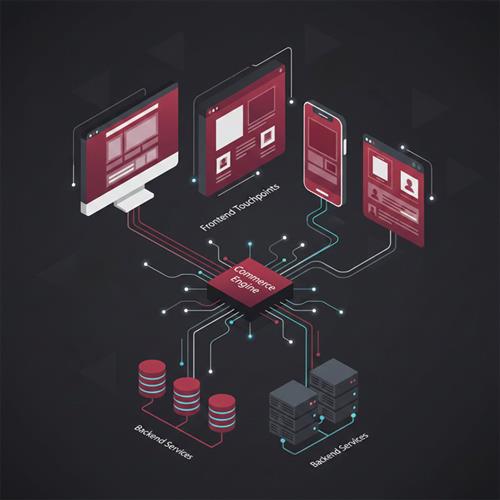
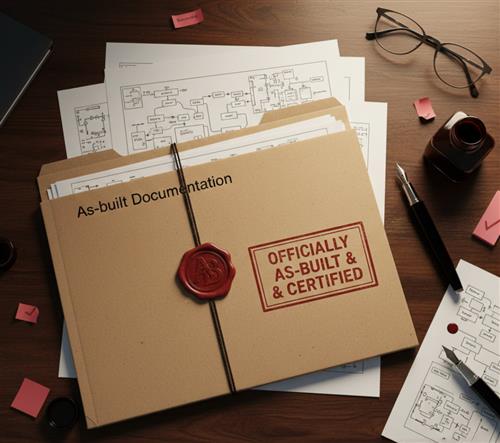



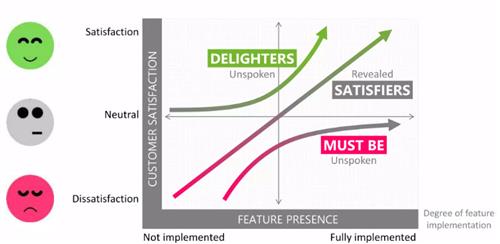

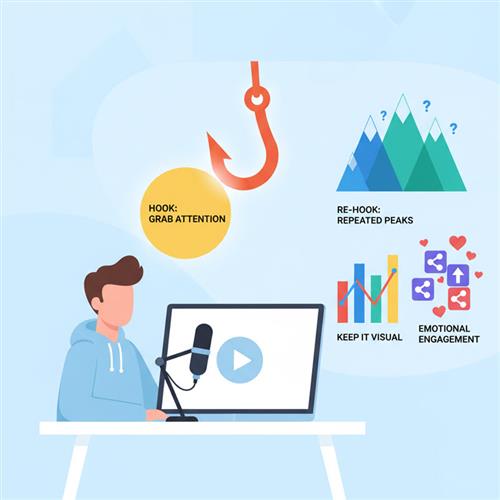

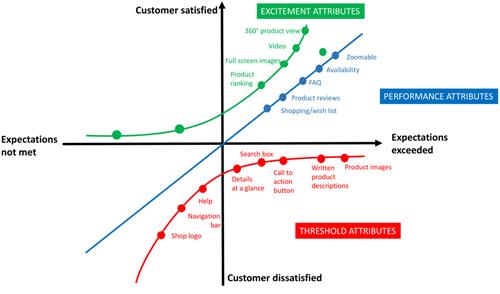


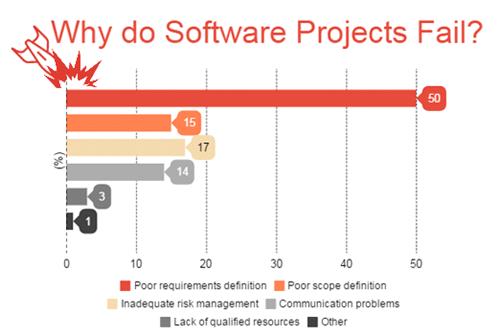
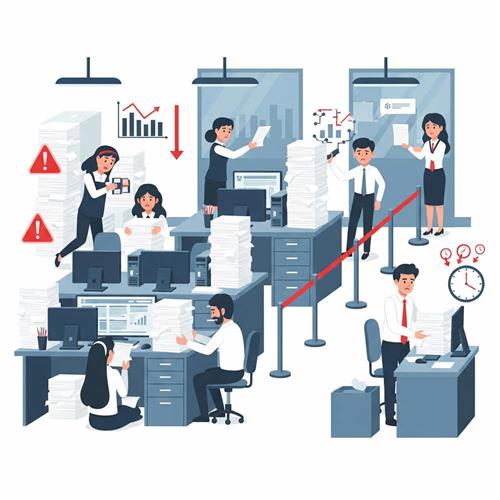
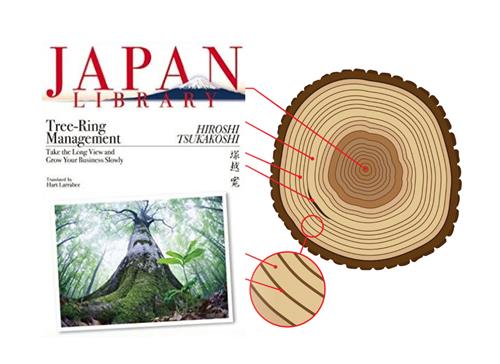
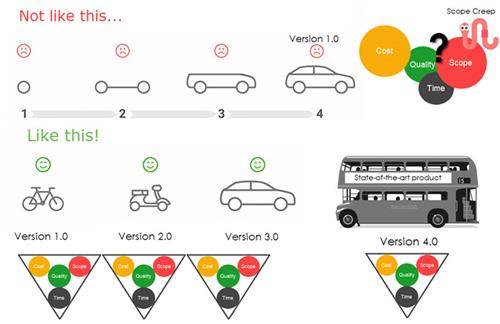
26072024043639_thumb.jpg)

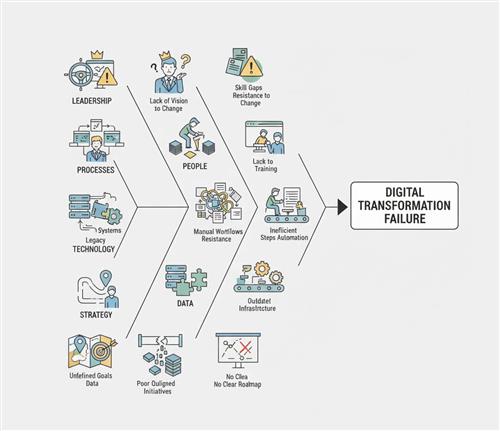
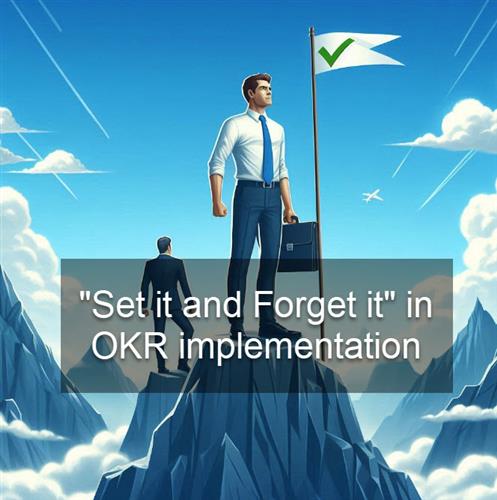
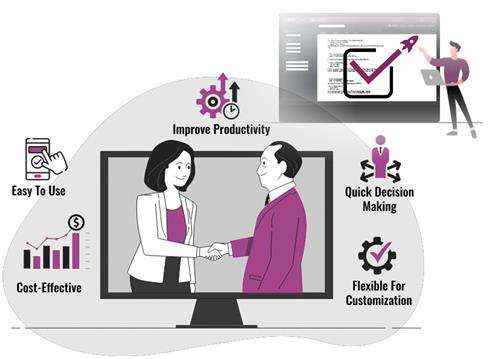


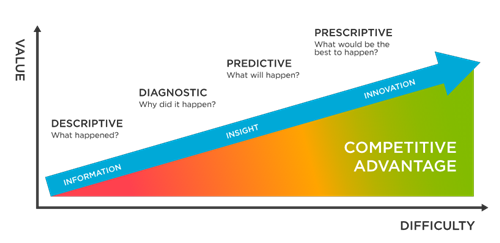


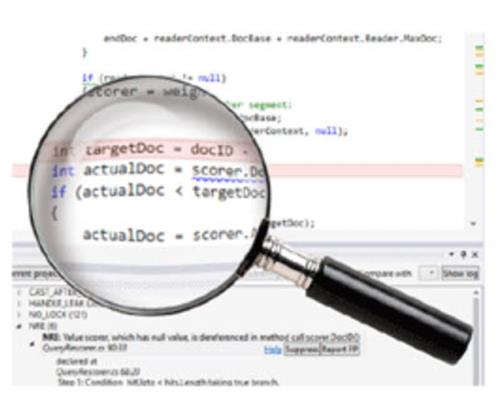








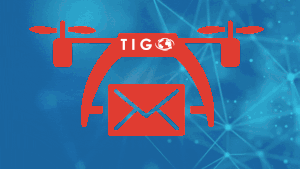
 Link copied!
Link copied!
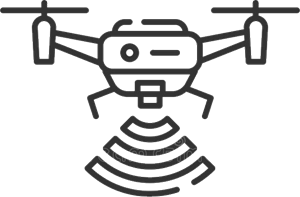 Recently Updated News
Recently Updated News